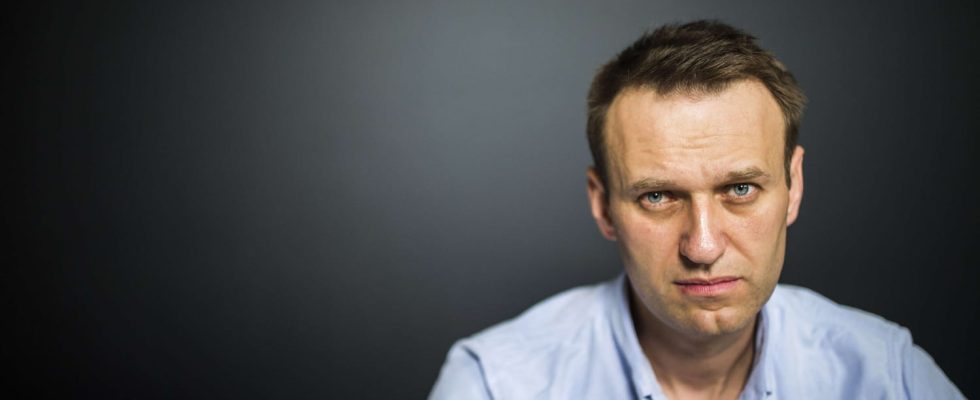Vladimir Putin’s number one opponent died this Friday, February 16. Conservative, nationalist, Alexeï Navalny was also an activist committed against Russian power.
This Friday, February 16, 2024, the 47-year-old man took his last breath in the Kharp penitentiary center, known as the “polar wolf”, located in the Russian Arctic, where he was serving a 19-year prison sentence for ” extremism”. If he was the main opponent of Vladimir Putin in Russia, Alexeï Navalny leaves behind him an atypical political career, even enigmatic on certain points. Both anti-elite and star of social networks, he has sometimes made headlines for positions that are contradictory to say the least.
Alexeï Navalny close to the nationalist movement
A lawyer by training, Alexeï Navalny joined the liberal opposition party in 1997, a movement from which he was excluded ten years later for taking nationalist positions. In the early 2010s, Navalny appeared at rallies like the Russian March, alongside ultra-Orthodox activists, National Bolsheviks and other neo-Nazi sympathizers.
In 2011, he created the Anti-Corruption Fund (FBK). Its funding comes from private donations and allows it to question the regime in place, track down embezzlement in public companies and corruption in large Russian groups. This “FBK” has a budget of more than 28 million rubles in 2014, and generates millions of views on Youtube. Enough to establish Navalny’s notoriety and popularity among the general public.
Declared ineligible in 2018
Subsequently, he engaged in a new fight with the “party of thieves and crooks” to denounce possible electoral fraud during the legislative elections of 2011. During his candidacy for mayor of Moscow in 2013, he officially obtained 27% of the votes. The requested recount of votes will do nothing. He will not be elected. This is the last time that Alexei Navalny is allowed to participate in a vote. His candidacy for the 2018 presidential election was rejected by the Central Electoral Commission for a five-year suspended prison sentence for embezzlement in a case dating from 2009.
In 2018, the politician said he was “proud” of what he had undertaken to bring together “the traditional branches of the opposition in Russialiberal and so-called nationalist” to the AFP. He has no problem assuming “conservative views” regarding Russia’s migration policy. He particularly wants the establishment of visas for nationals of the former Soviet republics of Central Asia, an area which contributes significantly to the country’s economic immigration.
